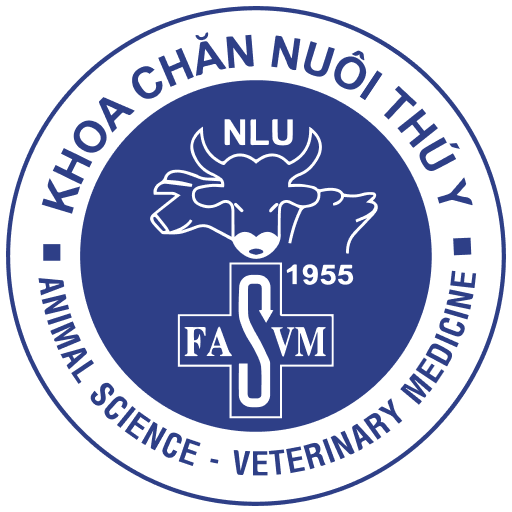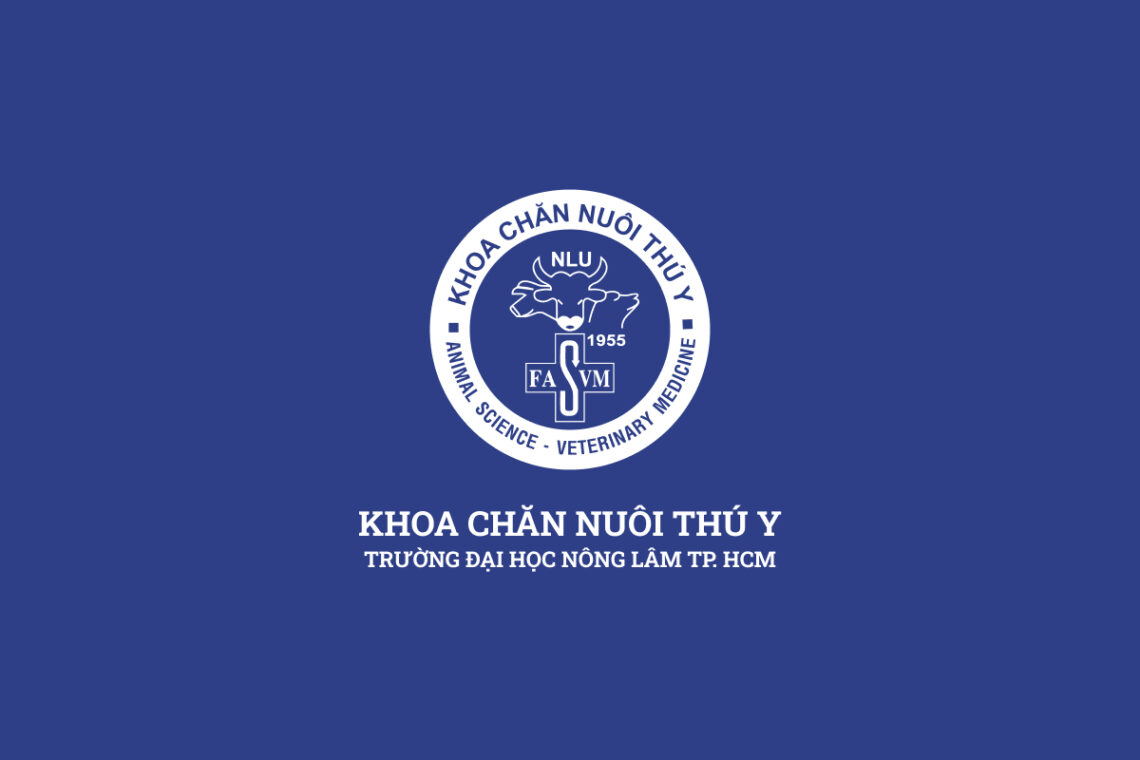Location: Veterinary Experimental Center – Nong Lam University – Quarter 5, Linh Trung Ward, Thu Duc City, Ho Chi Minh City
Tel: +84 28 3896 3353
Introduction
Despite the abbreviated name – Animal Nutrition, the rapid development of professional work and training demands have resulted in members of the Department teaching the following subjects:
- Short-term training (Seminar): Basic animal nutrition; Feed ration; Feed ingredient analysis
- Undergraduate: Animal nutrition; Food toxicology; Feed production; Feed quality management; General Agronomy; Pasture and Plant for animal feed; Farming systems
- Post-graduate Agriculture extensions: Advanced animal nutrition; Animal nutrition standards; Feed ration; Food toxicity
Scientific research
In spite of having taught fundamental subjects, the Department has the orientation to carry out researches of high practical application involving its training sectors in order to meet social needs, support training programs, as well as make full use of training advantages into research.
Ever since the 80s of the 20th century, thanks to the leadership of Assoc. Prof. Ph.D. Dương Tanh Liêm, the department has been recognized with highly applicable researches. Consequently, these achievements have added a considerable contribution to scientific data and knowledge, as well as the transformation of the livestock industry, which had long been severely stagnant at that time. Furthermore, these studies have set a stable platform to improve living quality and raise income for the lecturers and staffs in not only the Animal Nutrition Department but also in the Faculty of Animal Science and Veterinary medicine. Most importantly, they gave a powerful push to research activities with high applicability being the main aim, which have spread widely throughout the Faculty, some of which could be mentioned:
- Production of grass meal used in animal feed.
- Production of premix minerals used in animal feeds.
Motivated from the previous successes, the Department has continued to carry out more in-depth works over the past 20 years, for example:
- Quantitative analysis of basic components and amino acids in animal feeds using Rapid Identification Equipment (NIRS) to develop a database of feed ingredients.
- Identify the harmful impacts of mycotoxins on various species and study the solutions to minimize the effects of mold toxins in animal feed.
- Determine the enzyme activity level (phytase, NSP) and their efficiency in animal feed.
- Assessment and testing of various feed additives (such as herbal extracts, probiotics, enzymes, toxin absorbers, etc.) and mixed feeds for different animal subjects.
- Perform surveys and experiment on ruminant nutrition.
- Determine the demand for amino acids on ducks


